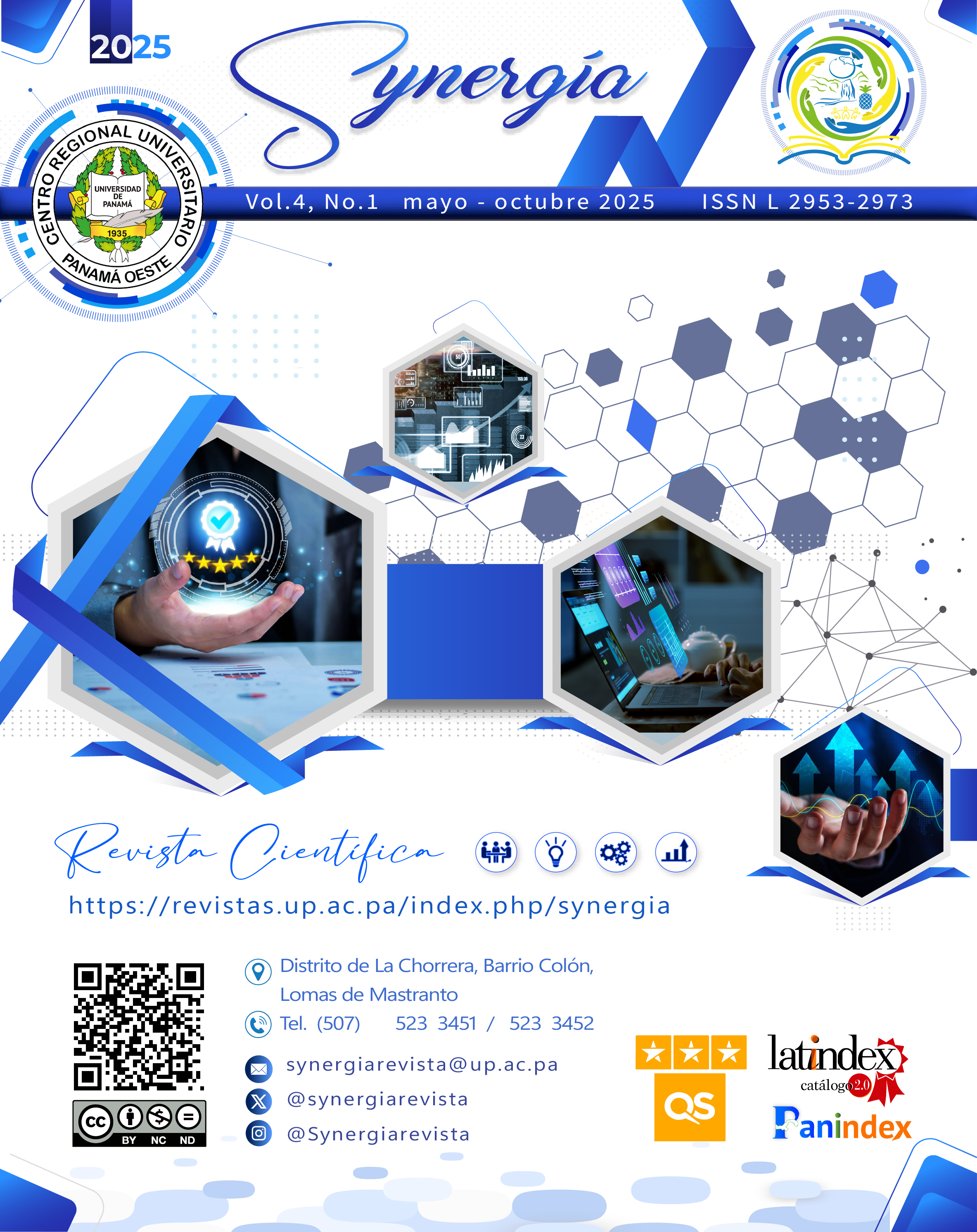

Copyright (c) 2025 Synergía

This work is licensed under a Creative Commons Attribution-NonCommercial-ShareAlike 4.0 International License.
The current journalism environment is distinguished by the speed of information transmission, globalization, and advances in technology and digitalization. In this context, it is essential that the training of journalists is based on communication and linguistic skills. These skills are crucial not only to ensure accuracy and ethics in the transmission of messages, but also to interact effectively with diverse audiences in an increasingly interconnected world. However, the current curricular design of the Journalism degree at the Faculty of Social Communication of the University of Panama presents significant challenges in the incorporation of these skills. This article analyzes these limitations and proposes a curricular update that strengthens the training of future journalists. The general objective is to design a curricular update proposal to strengthen communication and linguistic skills for students of the journalism school of the Faculty of Social Communication of the University of Panama. Methodology used in the documentary - descriptive investigative study. A survey was conducted consisting of open and closed questions, addressed to a sample of 100 students in the third and fourth years of the course, 10 teachers in charge of teaching the subject of journalistic writing. In addition, interviews were conducted with businessmen and journalism graduates.